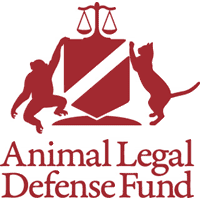Distance learning and online education is on the rise but when it comes to animal careers, you have to ponder just how good online courses might be.
There is a lot of confusion when it comes to generally accepted accreditation principles.
In the United States, the only accreditation that holds any weight has to come from an agency recognized by the U.S. Department of Education or the Council on Higher Education Accreditation in Washington.
If not, it won’t be accepted by those in academia, business, and government.
However, there may be exceptions in specific animal industries.
For instance, I received private certification from a number of institutions that were leaders in their fields before any degrees in those areas were available.
Those credentials hold weight based on the agency and the people who I trained under but only those who are in the animal field would recognize them.
However, I also received recognized degrees and certifications from accredited schools and believe that you need to have an edge in today’s competitive animal career market.
So, although you might have found a school you think is perfect for training for a career with animals, I’d encourage you to check to see if the school is listed and accepted as an accredited institution.
A few places to check:
- International Association of Universities
- Commonwealth Universities Yearbook
- ACCRAO & Electronic Database for Global Education
- US Department of Education
- College Navigator
- Council for Higher Education Accreditation
- Australian Education International
There are more than 50 unrecognized accrediting agencies, and many others that do not meet the criteria for recognition, so take your time to determine what would work the best for your long term goals.
You might also check out this distance learning FAQ.


